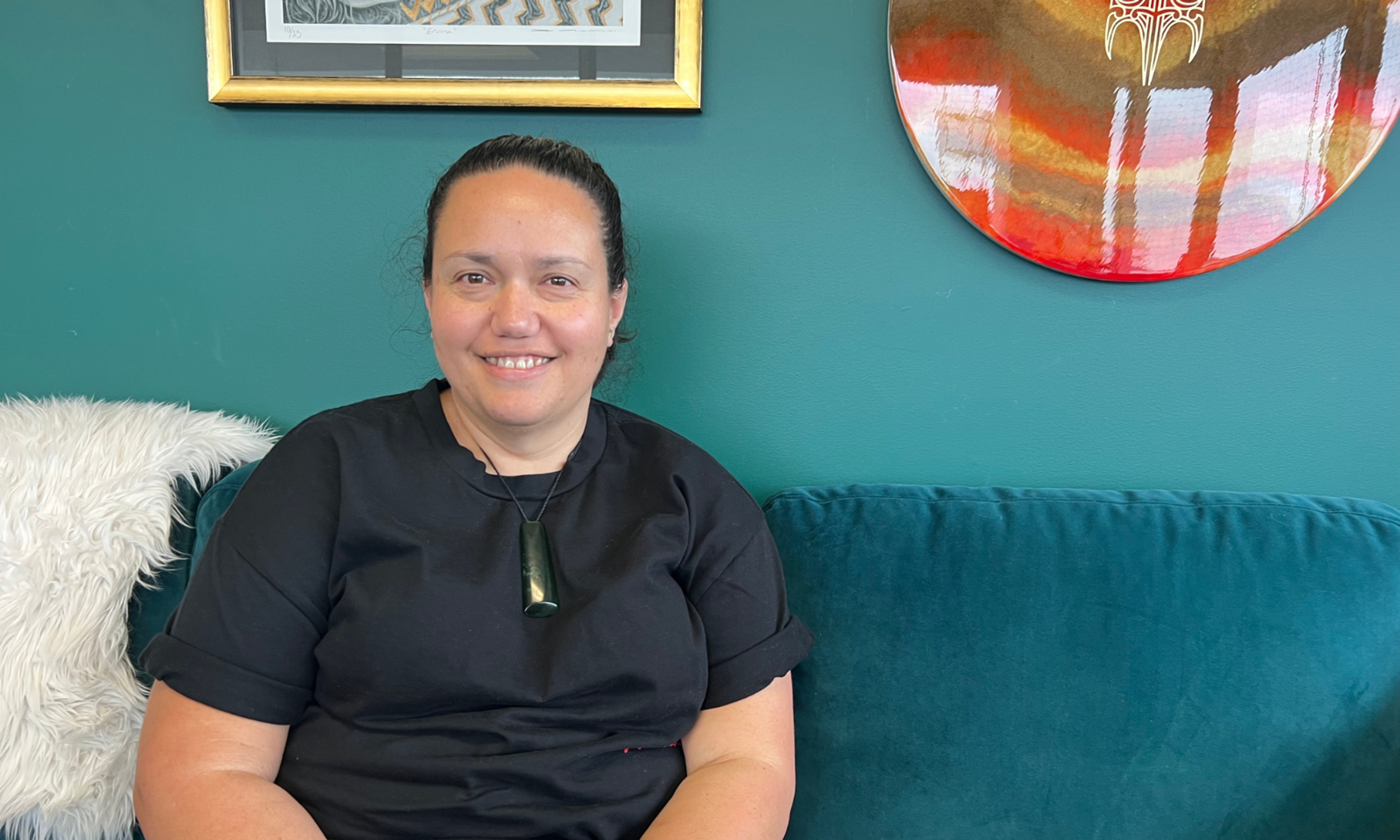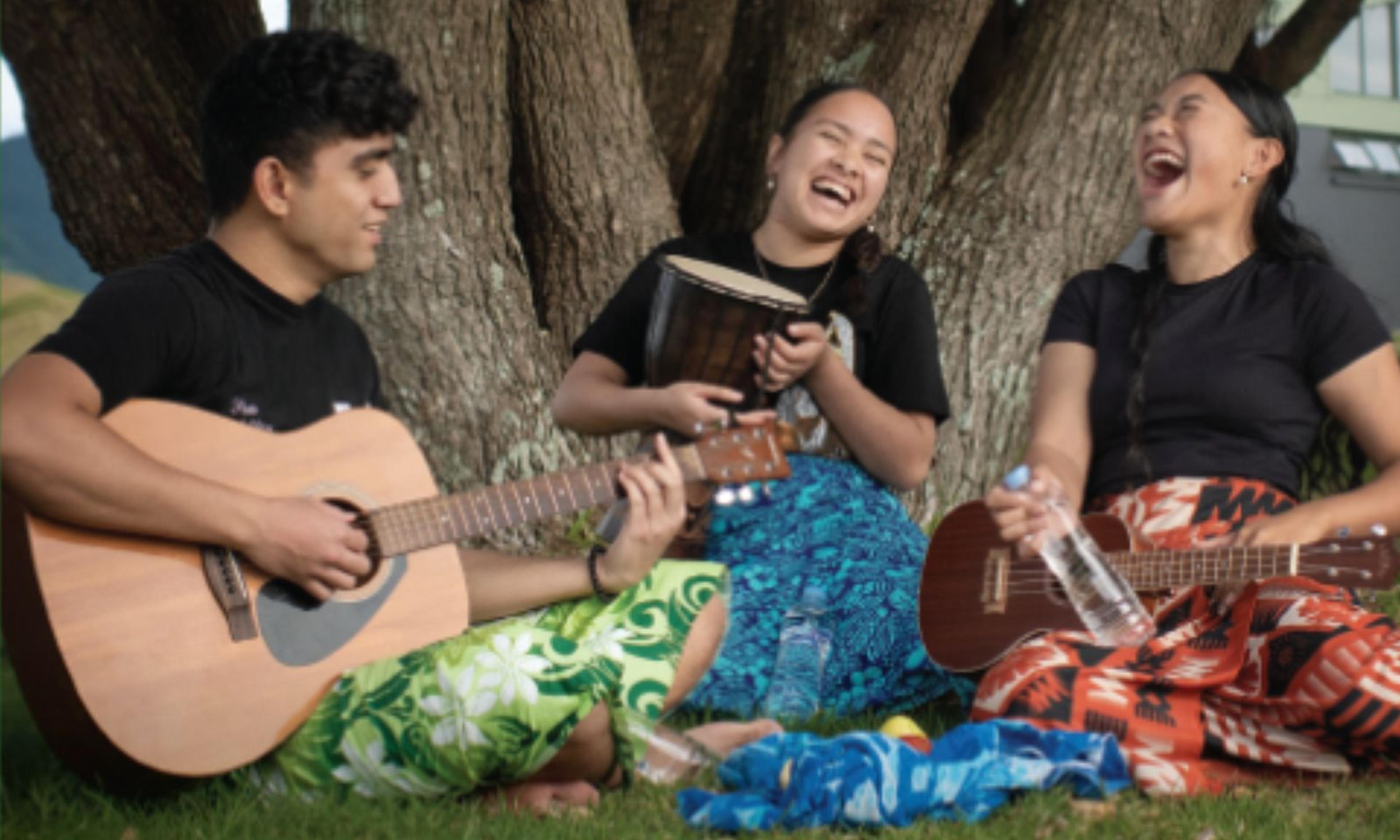

The flu vaccine is no longer funded for most children under 12s, or Pacific and Māori peoples between the age of 55-64.
Photo/ charlesdeluvio via Unsplash
Scrapping free flu vaccines ‘ignores the evidence’ says expert
Researchers say the government's move to stop funding vaccines for children and Pacific people aged 55-64 will further embed poor health outcomes.


Pacific workers encouraged to consider digital careers, as NZ unemployment rises

Call for govt to prioritise Pacific people struggling with language and culture

Report finds youth employment and gender gaps in Pacific remains high


Pacific workers encouraged to consider digital careers, as NZ unemployment rises

Call for govt to prioritise Pacific people struggling with language and culture

Report finds youth employment and gender gaps in Pacific remains high
Health academics say scrapping younger age groups for free flu vaccines is a "missed opportunity" to achieve health equity for Pacific communities.
From this month, the flu vaccine is no longer funded for most children under 12, or Pacific and Māori peoples between the age of 55-64.
University of Otago Hauora Māori associate professor Esther Willing says the flu can have worse outcomes for Pacific families.
“Māori and Pacific tamariki are more likely to have respiratory illnesses, more likely to live in cold, damp homes, and that has a really big impact on their health, but also the health of their whānau, and they’re likely to then spread it to other members of their whānau.”
Foundation Medical Director James Fingleton says Pacific peoples are 2.6 times more likely to be hospitalised for respiratory issues such as asthma and bronchiolitis.
"Respiratory disease is the third leading cause of death in New Zealand … Without these essential first line vaccines, we will just add to an already overloaded, overworked and understaffed health system trying its best."
Last year Dr Shane Reti, now the Minister of Health and Minister for Pacific Peoples, described the inclusion of ethnicity as a factor in prioritising planned surgery as “offensive”, while associate health minister David Seymour called it racial discrimination.
But Willing disagrees, saying a "one size fits all" approach doesn't meet the needs of Pacific and Māori communities, when there still isn’t equitable outcomes and access to healthcare.
“Our current health system and our current approaches are actually racist and discriminate against Māori and Pacific communities, but also migrant communities, refugee communities.
“And so those calls of fairness in targeting Māori and Pacific and improving communities and improving access for those communities are actually just entrenching their system.”
Willing says tightening the eligibility focuses on the individual, and doesn’t reflect the social layers regarding Pacific children and older family members.
“The role they play in our whānau is different to the role that those age groups plan in Pakeha whānau.
“We live together, we socialise together, we come together as whānau.
“The idea that, particularly our kaumātua, that they just need to wait til they’re 65 to be protected from the flu, is really ignoring all the evidence that shows that our elders need to be protected at a younger age.”
In a statement from his office, Pharmac minister David Seymour says Pharmac is independent in their decision making, but the government is responsible for their budget.
“Pharmac’s funding is subject to an ongoing budget process, and I am not at liberty to share specific details. However, the previous Labour Government left a significant fiscal cliff in the Pharmac Budget meaning that there was a significant risk of medicines for New Zealanders being delisted from Pharmac’s funding.
"That leaves this Government with tough choices, but despite Labour’s fiscal cliffs we’re committed to ensuring Pharmac’s budget remains and is sustained for future years."
Flu vaccines remain funded for children with health conditions such as asthma, pregnant women and those aged 65 and older, but Willing says this is not enough.
“Many of our elders don’t even make it to the age of 65. Having free vaccination for the flu for tamariki can actually protect the wider whānau as well, even those people who aren’t vaccinated … it means that more of our elders will be getting sick from the flu.”
The cost of health
The standard flu vaccine is between $25-$45 at most clinics, but Willing says some health providers and workplaces are footing the bill themselves.
“That’s coming out of their own funding, and once again, as Māori and Pacific communities, finding ways to protect our our own people, to meet our own needs. But the government not providing that when it’s actually our right to have access to the health system and have equal health outcomes.”
Asthma and Respiratory Foundation NZ Chief Executive Ms Letitia Harding says she is concerned for at-risk communities.
"The decision not to fund the vaccine to our children and our Māori and Pacific people will lead to more hospitalisations and will, again, put more pressure on an already-stretched health system.
"It doesn’t make sense when the government talks about more targeted spending, then does something like this?"
A Ministry of Health spokesperson says a million New Zealanders are still eligible for the free flu vaccine, including young children who have been hospitalised for respiratory illnesses.
The 2024 flu vaccine is free for:
people aged 65 years and over
people who have a long-term medical condition like diabetes, asthma, or a heart condition (ages 6 months and older)
pregnant people
children aged 4 years and under who have been hospitalised for respiratory illness or have a history of significant respiratory illness
people with mental health conditions, including schizophrenia, major depressive disorder, bipolar disorder, or schizoaffective disorder
people who are currently accessing secondary or tertiary mental health and addiction services.

